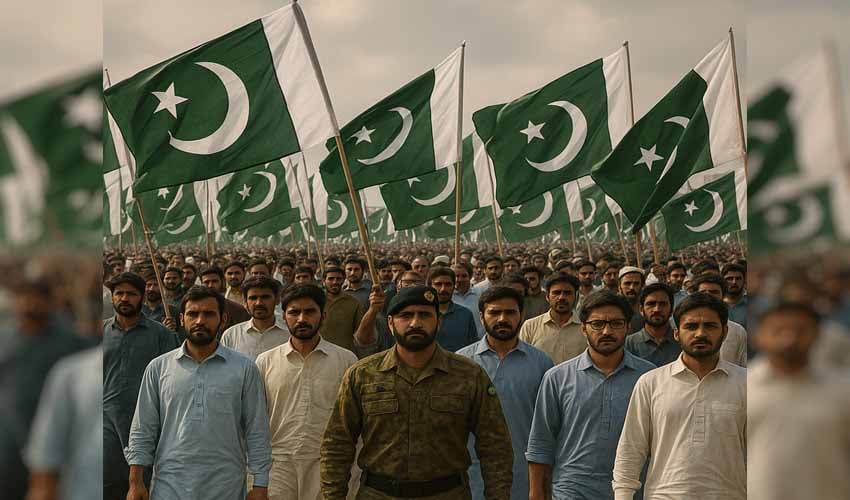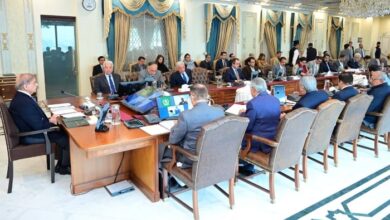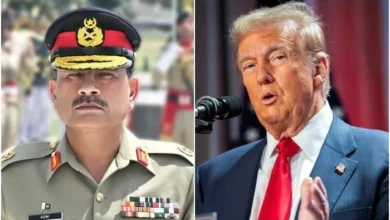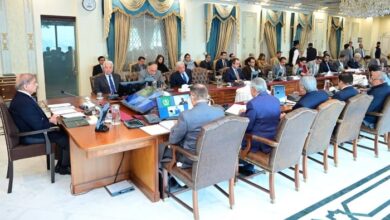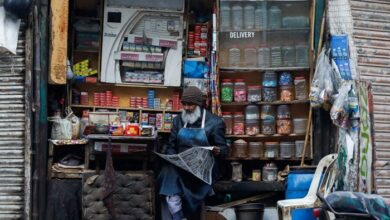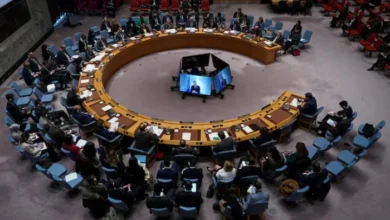Pakistan’s history is rife with unfortunate incidents that have left a scar on its society. May 9 is one such date that saner minds wish could be erased from the country’s annals. The day was, until recently, associated with street protests, rallies, and arrests in the backdrop of events of 2023. It is the same day people were made to choose sides, and a vast majority of the country’s youth – which makes up around 60 percent of the total population – stood in defiance, sparking fears of chaos. This year, amid escalating tensions with India, the situation took a 180-degree turn, and those waiting for the repeat of violent riots instead witnessed rare national unity and political maturity.
The government had officially designated May 9 as a “Black Day” last year to honor the martyrs and condemn the targeting of military installations and public property. Delivering a speech on the first anniversary of the riots, Prime Minister Shehbaz Sharif had stressed the need to remember the sacrifices of national heroes. He also urged the nation to ensure that such incidents never recur. President Asif Ali Zardari had echoed the same sentiments, describing May 9 as a “dark day” in Pakistan’s history. At the same time, he had urged people to unite and adhere to democratic values to prevent future unrest.
Meanwhile, on the opposition front, Pakistan Tehreek-e-Insaf (PTI) leaders and supporters had organized rallies in various cities to mark the anniversary, and demanded the release of Imran Khan and other leaders from prison. They continued to condemn what they described as the unlawful detentions and excessive use of state power against its leaders and workers.
In addition, Chief of Army Staff General Syed Asim Munir visited Lahore Garrison and reiterated the military’s unwavering resolve to bring the planners and instigators of the 2023 attacks to justice. He also criticized the “indoctrinated miscreants” who targeted symbols of national unity, such as the Corps Commander House in Lahore and the General Headquarters in Rawalpindi. He condemned the digital propaganda aimed at dividing the people and the armed forces, and warned that there would be no compromise with those responsible, especially the masterminds attempting to rewrite the narrative as victims.
In spite of this, the exceptional discipline the nation displayed this year on May 9 came as a pleasant surprise. From politicians in the assemblies to crowds in the streets, people did not react as a polarized society for the first time in years. It almost looked as if they knew exactly how to respond in the face of threats that were not coming from within.
The conventional tales about overreach, civil-military imbalance, power games, and political victimhood just took the backseat. People who spent the last two years challenging the system had now defended it, as they knew this fight was not internal anymore. The same youth and critics who once stood against the military were now tweeting in its support. It looked as if even the angriest voices had finally understood the weight of timing. They knew what might have happened had the nation remained divided.
Sensing the urgency to present a united front, Pakistanis from Lahore to London stepped up to the challenge and showed the world that despite their internal issues, they are resilient and united in their spirit. Nevertheless, everyone deliberately chose to deescalate, understanding that internal disagreements can wait
However, that does not mean the issues were buried. The government still considered May 9 as a “Black Day”, but called for unity instead of provoking opponents. The PTI still held rallies, but decided not to engage in direct confrontation. The military stayed on the front lines, protecting every citizen no matter their past conduct or stance.
Sensing the urgency to present a united front, Pakistanis from Lahore to London stepped up to the challenge and showed the world that despite their internal issues, they are resilient and united in their spirit. Nevertheless, everyone deliberately chose to deescalate, understanding that internal disagreements can wait. Instead of hijacking the day this year, the nation picked its priorities, showed strength where it mattered, and demonstrated that not every crisis deserves a protest.

